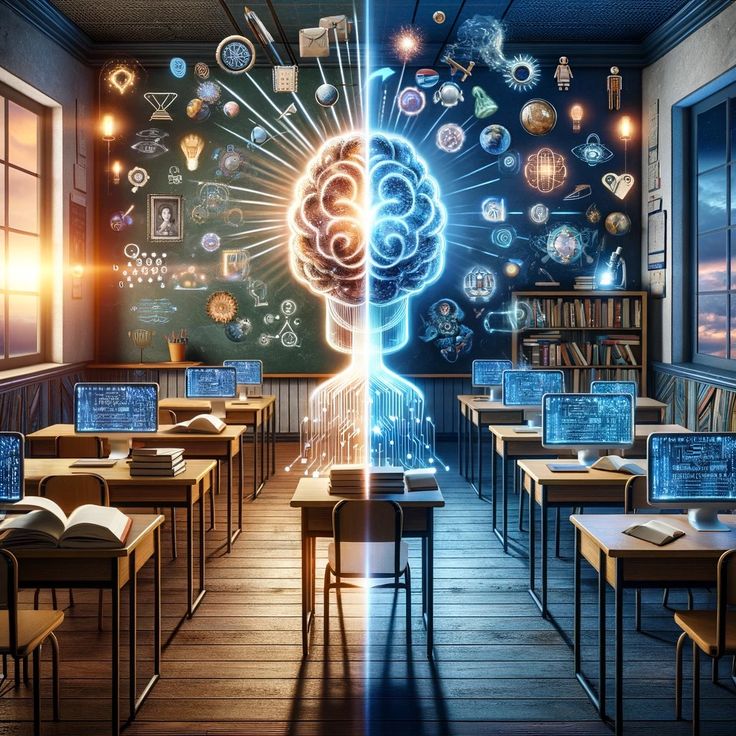
Education
Empowering Education: The Influence of AI
In the digital age, Artificial Intelligence (AI) has emerged as a powerful tool reshaping various sectors, including education. The integration of AI technologies into educational systems is revolutionizing teaching and learning processes, empowering educators, and enhancing student outcomes. From personalized learning experiences to administrative efficiency, the positive impact of AI in the education sector is profound and continues to evolve.
One of the most significant contributions of AI to education is in personalized learning. Traditional one-size-fits-all teaching methods often struggle to cater to the diverse needs and learning styles of individual students. However, AI-powered adaptive learning platforms analyze students' learning patterns, preferences, and performance data to deliver personalized learning experiences tailored to their unique strengths and weaknesses. By providing targeted instruction, adaptive learning systems help students master concepts at their own pace, resulting in improved academic achievement and retention.
Moreover, AI-driven educational tools offer immersive and interactive learning experiences that engage students in ways not possible with traditional methods. Virtual reality (VR) and augmented reality (AR) applications powered by AI algorithms enable students to explore complex concepts, interact with virtual environments, and conduct simulations that enhance their understanding of abstract topics such as science, history, and mathematics. These immersive experiences foster creativity, critical thinking, and problem-solving skills, preparing students for success in the digital age.
Additionally, AI is transforming the role of educators by automating administrative tasks, providing actionable insights, and facilitating data-driven decision-making. AI-powered grading systems can analyze students' assignments, quizzes, and exams with speed and accuracy, freeing up teachers' time to focus on providing personalized feedback and support. Furthermore, AI algorithms can analyze vast amounts of educational data to identify trends, predict student performance, and recommend instructional strategies that optimize learning outcomes.
Furthermore, AI-driven educational assistants and chatbots are becoming increasingly prevalent, providing students with instant access to learning resources, study materials, and academic support. These AI-powered virtual assistants use natural language processing (NLP) algorithms to understand students' queries, provide accurate responses, and offer personalized recommendations for further study. By enhancing accessibility and support outside the classroom, AI-driven educational assistants empower students to take ownership of their learning journey and overcome academic challenges more effectively.
Moreover, AI holds immense potential in bridging the digital divide and promoting inclusive education. AI-powered adaptive technologies can accommodate diverse learning needs, including students with disabilities, English language learners, and those from underserved communities. By providing personalized accommodations and interventions, AI enables all students to access high-quality education, regardless of their background or abilities, fostering equity and diversity in the learning environment.
In conclusion, the integration of AI into the education sector is revolutionizing teaching and learning processes, empowering educators, and enhancing student outcomes. From personalized learning experiences to administrative efficiency, AI-driven technologies offer myriad benefits that enrich the educational experience for students and educators alike. As AI continues to evolve and innovate, its positive impact on education is poised to transform the way we teach, learn, and prepare future generations for success in the 21st century.
How will AI Care will help better your field

